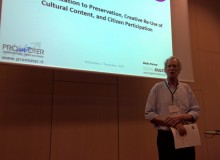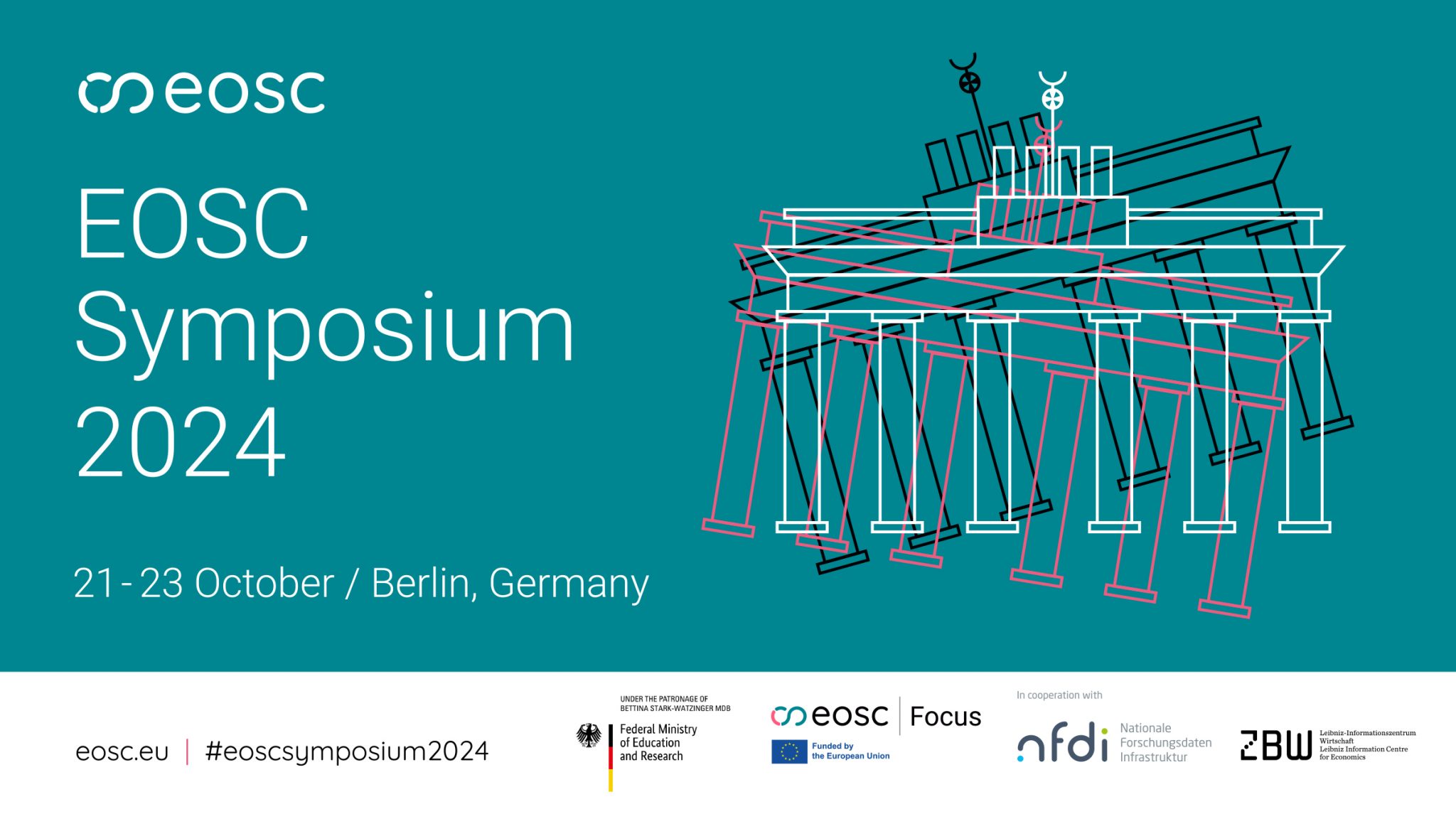-
Join the
Digital Meets Culture
Newsletter! -
Join the
Digital Meets Culture
Open Newsroom! If you have interesting news and events to point out in the field of digital cultural heritage, we are waiting for your contribution.
If you have interesting news and events to point out in the field of digital cultural heritage, we are waiting for your contribution.
-
Free text
-
-
Upcoming events
-
 online, 11 September 2024, h. 14 CET
online, 11 September 2024, h. 14 CETThis webinar presents the latest advancements in EGI DataHub, an innovative distributed data access and management platform powered by Onedata technology. EGI DataHub unites 18 data providers across Europe, offering seamless data access and management capabilities. In the webinar, the … Continue reading →
 2 July, 2024 online
2 July, 2024 onlineThe four sister projects funded under the Horizon Europe call HORIZON-CL2-2023-HERITAGE-01-05 met on 2/7/2024 for the 1st cluster meeting on cultural tourism in rural areas. Representatives of the projects participated in the meeting together with the Project Officer of REA … Continue reading →
Search Results for: New H21-311_V1.0 Exam Topics 🦞 H21-311_V1.0 Valid Exam Question 👔 H21-311_V1.0 Trustworthy Dumps 🤔 Enter “ www.pdfvce.com ” and search for ▷ H21-311_V1.0 ◁ to download for free 🔹H21-311_V1.0 Examcollection Dumps Torrent
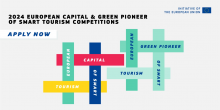
On behalf of the European Commission, DG GROW, we are pleased to inform you about the launch of two competitions open to cities in the EU Member States, and non-EU countries participating in the current Single Market Programme: the European … Continue reading
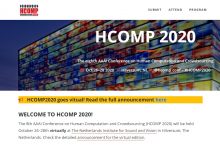
The Conference on Human Computation and Crowdsourcing (HCOMP 2020) invites submissions to a special “Blue Sky Ideas” track. HCOMP is the home of the human computation and crowdsourcing community. It’s the premier venue for presenting latest findings from research and … Continue reading
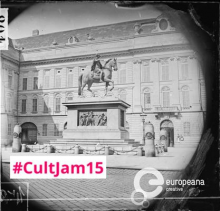
Innovation Space leader Gregory Markus will be talking in the main track of the conference, Europeana TV pilot will be presented by Kelly Mosterts in the parallel sessions, and several colleagues of Europeana Space are part of the conference advisory board! Continue reading

This edition brings you news of an innovative partnership with PRACE, the Partnership for Advanced Computing in Europe, which gives researchers access to world-class data infrastructure and storage. Kimmo Koski calls for trust between researchers and technology providers, our roving reporter catches up with Carl Johan Håkansson to find out more about B2SHARE and we explore Augusto Burgueño’s vision for e-infrastructures in Europe. Continue reading

CICERONE (Creative Industries Cultural Economy Production Network, Grant No.: 822778) is a H2020 funded interdisciplinary research project focusing on Europe’s cultural and creative industries (CCI). The research team consists of sociologists, human, cultural and economic geographers, cultural study specialists, economist … Continue reading
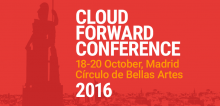
Registration is now open to attend Cloud Forward 2016. The conference, organised under the auspices of AMETIC, CDTI, Chamber of Commerce, EGI, Madrid+d, UNED and IEEE Cloud Computing Magazine, will take place in Madrid at the Circulo de Bellas Artes from 18 to 20 October 2016. Continue reading
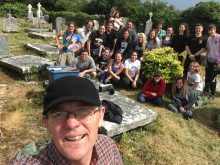
INCULTUM partner Eachtra is engaged in The Historic Graves project, that is a community focused, grassroots heritage project where local community groups are trained in low-cost, high-tech field surveys of historic graveyards; also recording their own oral histories. They build … Continue reading

The main topic of the AIUCD 2019 Conference is ‘Pedagogy, teaching, and research in the age of Digital Humanities’. The conference aims at reflecting on the new possibilities that the digital yields for pedagogy, teaching, and scholarly research: how will … Continue reading

The open source semantic annotation tool Pundit is RICHES Associate Net7’s main product for the Digital Humanities. The main idea behind semantic annotation is to enable users not only to comment, bookmark or tag web pages, but also to semantically create structured data while annotating. The ability to express semantically typed relations among resources, relying on ontologies and specific vocabularies, not only enables users to express unambiguous and precise semantics, but also, more interestingly, fosters the reuse of such knowledge within other web applications. Continue reading


